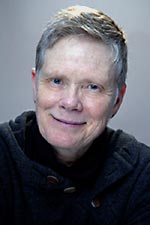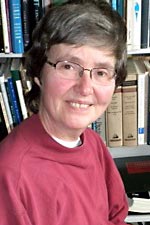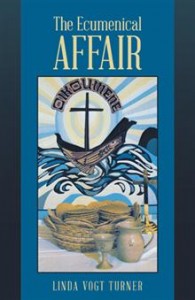Book Editing Team (BET)
Why BET? Why now?
Writers need editorial support now more than ever. Publishers are less able to provide editing in house and increasingly seek out manuscripts that are almost print-ready. Also, for those of you publishing online, editorial help is seldom built into the process, and you want to put your best work out there. In 2012, with this increasing demand for independent editorial support in mind, I invited my editing colleague Betsy Nuse to partner with me. Betsy Nuse brings decades of professional experience. While our skills are similar they also differ – which makes us an ideal BET team.
What does BET offer?
An initial Manuscript Assessment determines which kinds of editing best suit your manuscript. In addition we offer:
Structural and Substantive Editing
ensures that the organization of the manuscript reflects your intentions and that all elements contribute to the flow of the piece
Stylistic Editing
ensures that language level, sentence structure and choice of words are appropriate for your intended audience.
Copy Editing
ensures that spelling, grammar, punctuation and other technical elements are clear and consistent.
For further descriptions of types of editing, see Twelve-Step Editing by Rosemary Shipton and “What do editors do?”


Contact Betsy Warland if you wish to inquire about BET or any of my other services.
Dear Readers and Writers:
The Ecumenical Affair could not have been written without the help, support and editorial services of Betsy Warland and Betsy Nuse. Ms. Warland is the co-founder of the Creative Nonfiction Collective, founder of The Writer’s Studio at Simon Fraser University and director of the Vancouver Manuscript Intensive. Ms. Nuse guarded my Canadian voice and kept me faithful to it. She has edited fiction and nonfiction for more than 30 years. Her attention to detail is outstanding.
Toward the end of my undergraduate studies at Simon Fraser University (SFU), I enrolled in a feminist writing course led by Betsy Warland. I mistakenly thought it was merely a course where I would read the work of feminist writers. So did others enrolled in the class.
In the first class, Ms. Warland asked us, “How many of you are writers?”
None of us wanted to admit we were writers. Ms. Warland quickly set us straight. We were writers and most likely feminists because we had enrolled in her class. We had been writing essays for three and four years at least.
She then asked us, “Why do you write?”
 Leaving us to think about that question, she proceeded to tell us we were indeed going to develop our writing skills in her class by reading the work of other feminists. We were then going to choose one author and use our own skills as writers to write in the style of our chosen author. I later chose to write in the style of Marguerite Duras.
Leaving us to think about that question, she proceeded to tell us we were indeed going to develop our writing skills in her class by reading the work of other feminists. We were then going to choose one author and use our own skills as writers to write in the style of our chosen author. I later chose to write in the style of Marguerite Duras.
Going home that night on the Sky Train, I thought about Ms. Warland’s question, “Why do you write?” I realized I had been writing to ask the most important question of all. The one Robert Fulghum had asked in It Was on Fire When I Lay Down on It: What is the meaning of life? So I sat down the next day on my sofa with Robert Fulghum’s book, and The Ecumenical Affair began to take shape.
Thank you BET!
Sincerely,
